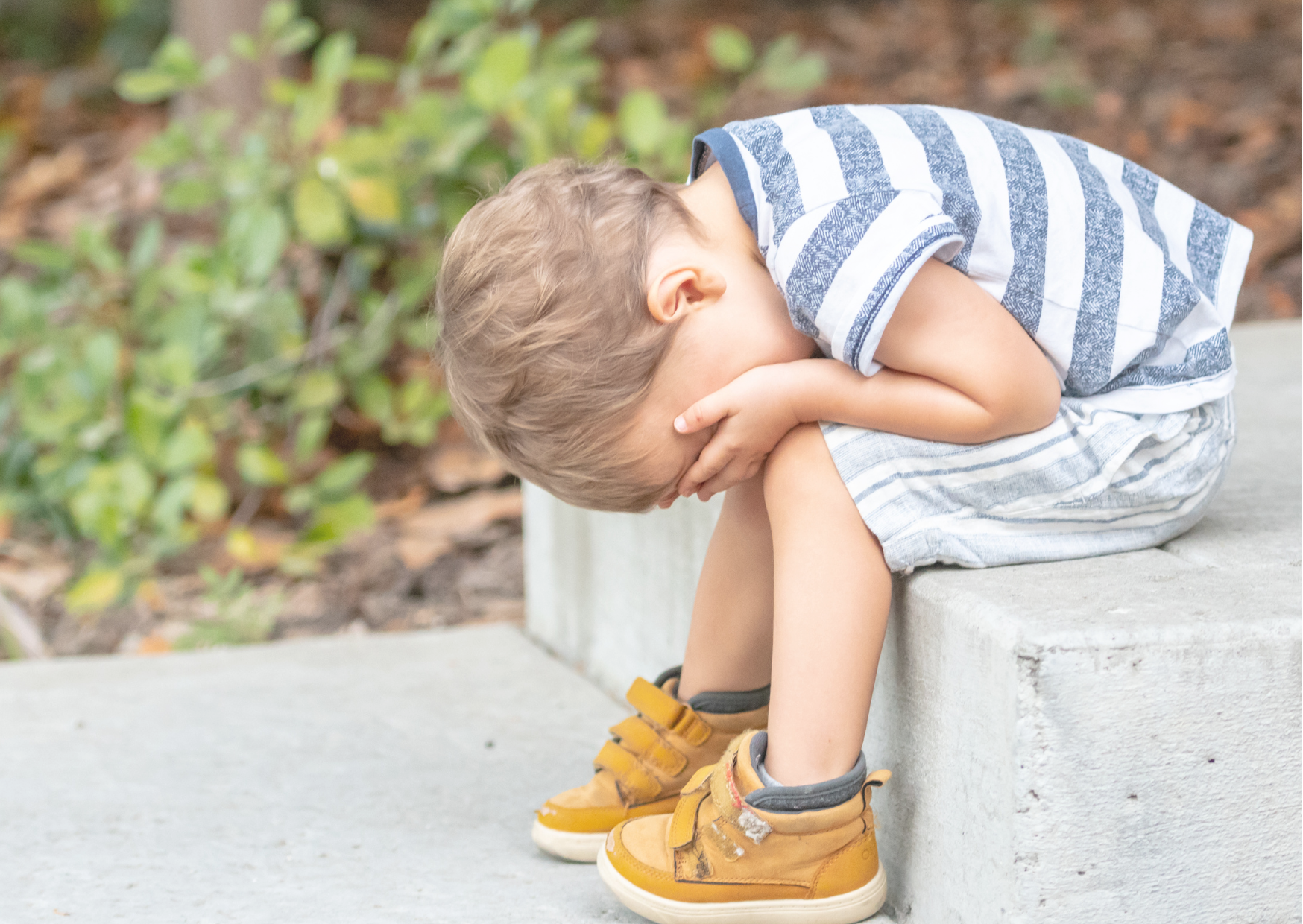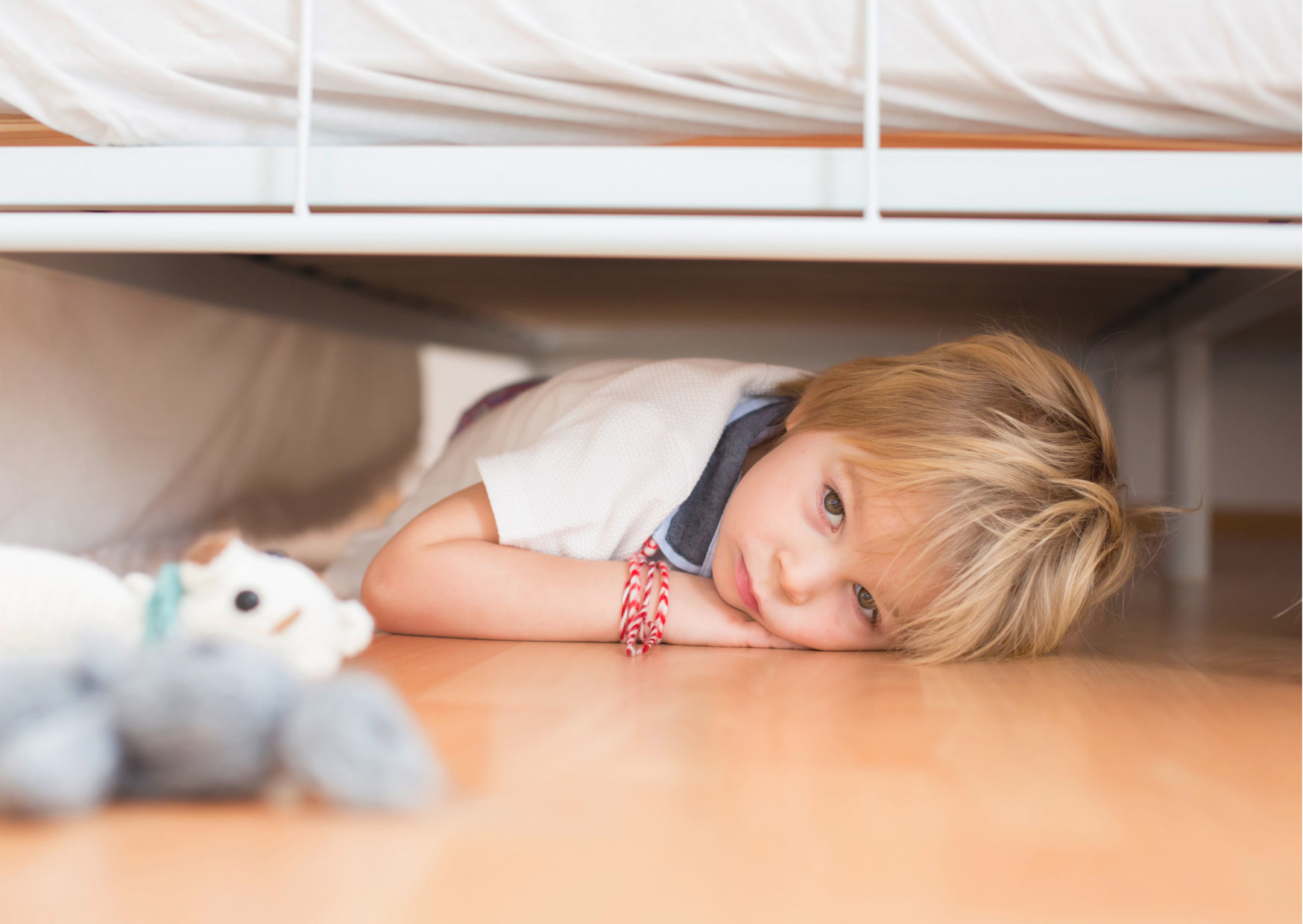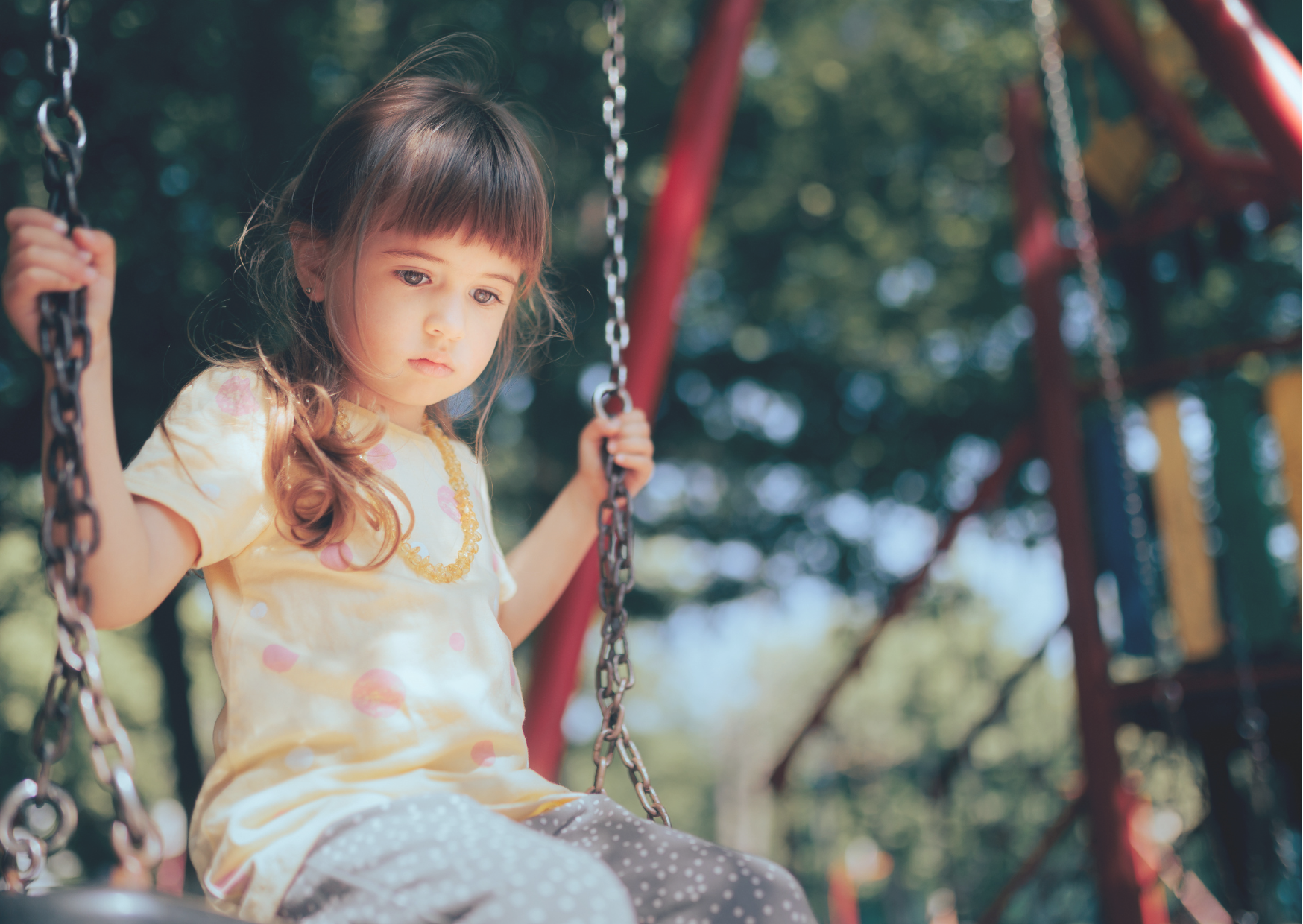
Every morning around the globe there are parents heading in to drop their child off at an early childhood service wondering how the moment of settling is going to pan out today. Even if your child has mostly been settled, happy, and easy to separate, the day may inevitably come when they decide that they do not want to go. Suddenly there's a period of time when your child cries and clings to you every morning at the moment you need to leave.
Are any of these scenarios familiar to you?
- Your child has started to become upset if you even mention getting ready to head off to preschool. Often leading to a refusal to get dressed, get in the car, or to skillful stalling tactics (their dedication to brushing their teeth and tidying their toys has never been so rigorous before!)
- You are finding yourself increasingly having to peel your child out of their car seat and off your legs every morning when you arrive at preschool.
- Your child insists that you stay for longer and longer every day - just one more story, one more puzzle, one more anything to make you stay.
- Your child becomes boneless if you try to carry them into their centre.
- Your child instantly starts crying as you pull into the car park or make any moves to leave in the morning.

Why does this happen?
There can be many reasons that a child becomes unsettled and decides they no longer want to attend preschool (at any age). Sometimes this is obvious and easy to work out, and other times you will have no idea what is going on for them and you are completely baffled.
- How is your child sleeping? Are they making the transition from dropping their day sleep and are therefore more tired than usual? Have they been unwell?
- Have you been absent from the centre for a while? On holiday or for a family event.
- Has there been any significant changes in your family dynamics? E.g. parental separation, a death in the family, a new baby, an older sibling starting school etc
- Has your child had a recent emotional event that impacted their equilibrium? E.g. something that frightened them? Something they are feeling worried about?
- Has your child’s best friend or group of friends left and started school, leaving your child without their close and familiar group to play with?
- Has your child’s favourite educator left, or changed their shift so that they are no longer present in the morning when you arrive?
- Is there a dynamic between some children that is worrying your child at the moment?
- Have there been changes in the centre environment or routines that your child is struggling to adjust to? E.g. a change in mealtime routines.

So what can you do to help your child find their mojo and settle happily into childcare again in the morning?
Check that your child is not unwell
Believe your child and let them know that you care about their feelings

Create a consistent routine
Make the moment of truth quick and never EVER leave without saying goodbye!

Build a connection with at least one familiar person
Your child needs to have at least one familiar, consistent adult in their early childhood service that they connect with. The same goes for parents. Hopefully, your centre has consistent staffing and possibly primary caregiving or a key teacher in place (especially for infants and toddlers). It is super important that you find at least one educator that you trust and build a relationship with. This is someone who knows your child well, who knows what your morning routine is, and recognises when they need to step forward with support.
Have ONE comfort item (if it helps)
Sometimes having a comfort item from home helps your child to feel stable. No matter how old your child is, having a familiar comfort item that smells and feels like home can help them to self-regulate. If it is an item that they frequently use at home for comfort then it makes perfect sense that they will also need this at preschool. This may be a blanket, dummy (pacifier) or soft toy.
99% of the time, children will resettle, become confident and happy again in their early childhood service. If you have consistently tried all of these strategies, including communicating clearly and honestly with your child’s educators, but they still do not settle back into a smooth morning transition within 3 - 4 weeks, then it is time for a conversation with a senior staff member or centre manager. It is important to work together to seek understanding about what is going on for your child.

Angela Bush
Share your thoughts...






